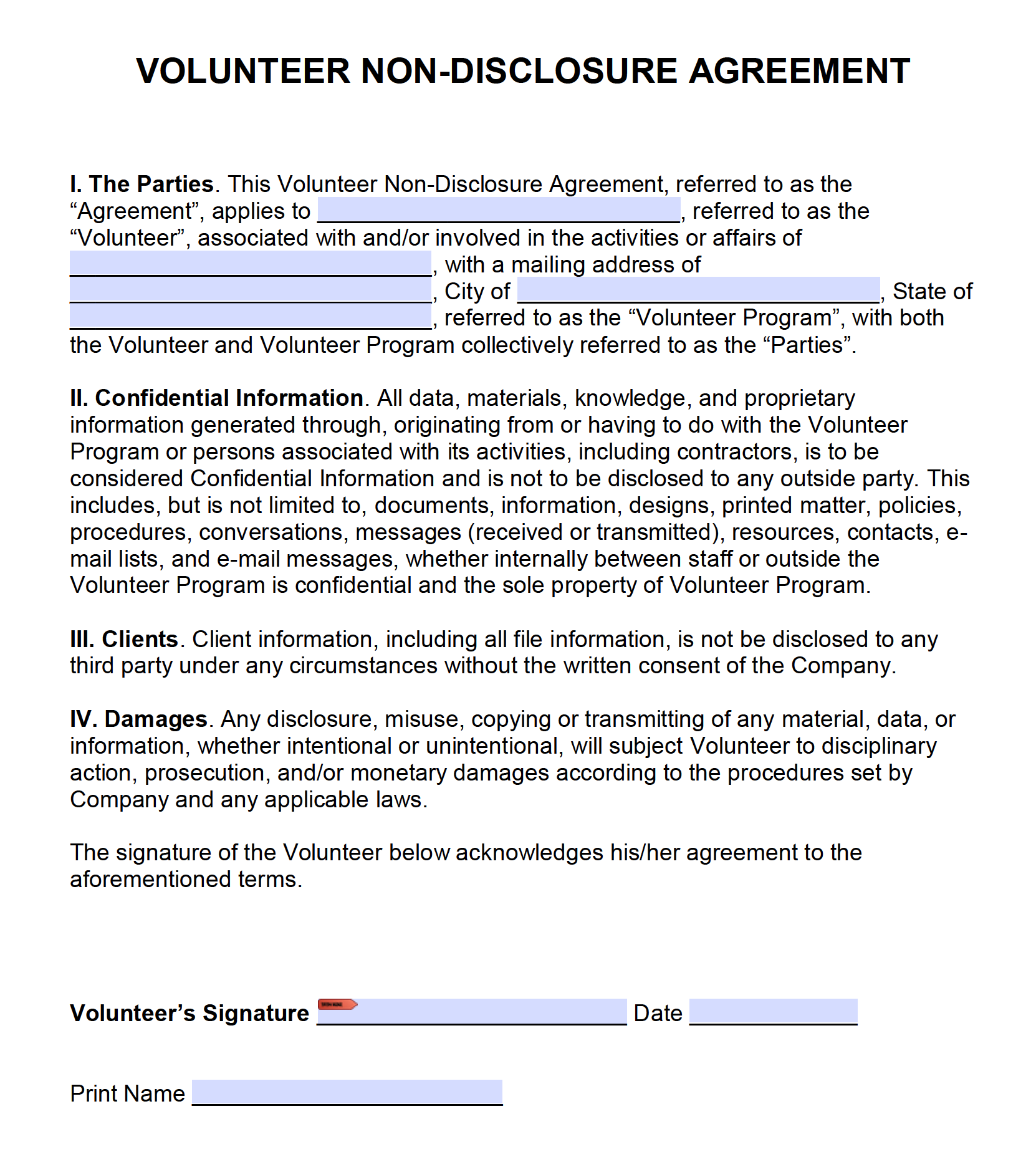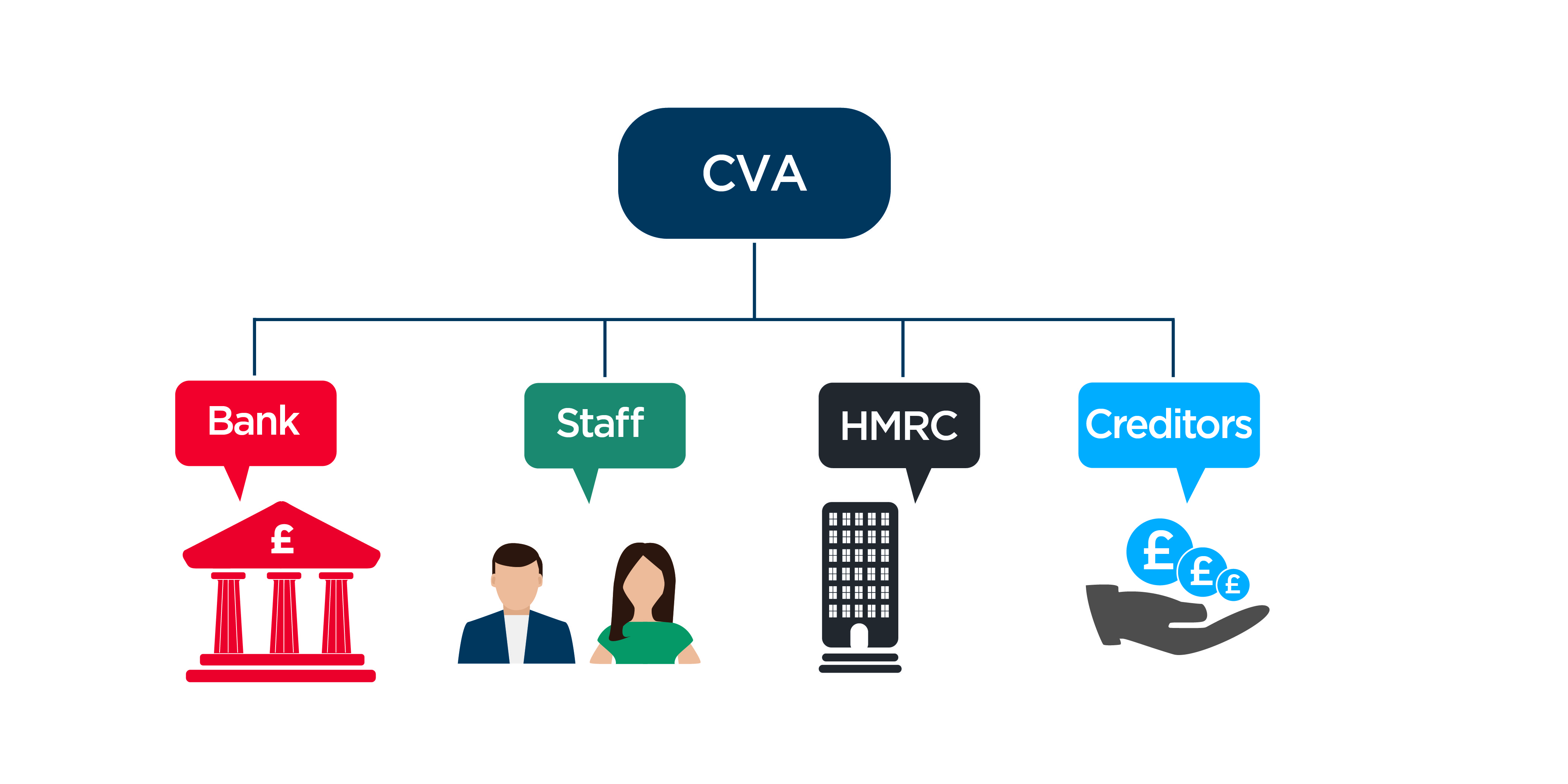Everything About Corporate Voluntary Agreement (CVA): Meaning and Use.
Everything About Corporate Voluntary Agreement (CVA): Meaning and Use.
Blog Article
In-Depth Analysis: The Process and Significance of Business Volunteer Arrangements
Corporate voluntary agreements play a pivotal duty in shaping the landscape of company obligation and sustainability techniques. The importance and diverse benefits of corporate voluntary contracts are noticeable, however the subtleties of their execution and the challenges faced in their adoption warrant more detailed evaluation.

Comprehending Business Voluntary Agreements
When delving right into the world of business volunteer contracts, it is vital to understand the fundamental principles leading these calculated plans. Company volunteer contracts are formal dedications made by organizations to achieve certain social, environmental, or ethical purposes beyond legal needs. These agreements are voluntarily become part of by companies to demonstrate their dedication to responsible service techniques and sustainability.
One trick facet to comprehend regarding business voluntary contracts is that they are proactive procedures taken by business to address social issues and boost their total influence. By voluntarily devoting to specific criteria or efforts, businesses display their commitment to company social responsibility and stakeholder engagement.
Additionally, corporate volunteer arrangements often entail collaboration with numerous stakeholders, including government bodies, non-governmental companies, and communities. This multi-stakeholder approach guarantees that the agreements are detailed, transparent, and lined up with the passions of all entailed parties.
Fundamentally, understanding business volunteer agreements needs a deep admiration of their volunteer nature, the goals they intend to attain, and the collaborative efforts they involve to drive favorable change in the business landscape.
Negotiation Process and Methods
Reliable arrangement processes and techniques play a vital role in the successful application of business volunteer arrangements. The arrangement process includes multiple celebrations integrating to reach a mutually helpful arrangement that satisfies the passions of all stakeholders entailed. To begin, it is important to establish clear objectives and priorities for the arrangement. Comprehending the demands and worries of all parties permits for the production of value-creating solutions that address the underlying issues successfully.
Approaches such as active listening, open communication, and analytic alignment are crucial in promoting a collaborative arrangement setting. Active listening guarantees that all celebrations really feel heard and understood, causing boosted trust fund and teamwork. Open interaction aids in clarifying misunderstandings and structure agreement on essential issues. A problem-solving positioning encourages creativity and a concentrate on searching for remedies instead than home on past grievances.
Additionally, keeping a respectful and expert perspective throughout the settlement procedure is vital to building solid partnerships and accomplishing effective outcomes. By utilizing reliable negotiation processes and techniques, companies can browse intricate agreements more efficiently and guarantee the lasting implementation of volunteer dedications.
Implementation and Compliance Procedures
Having effectively developed a solid foundation with effective negotiation processes and techniques, the next crucial stage involves the meticulous planning and implementation of implementation and conformity actions in business volunteer arrangements. Execution actions incorporate the real release of the agreed-upon terms and actions outlined in the volunteer arrangement. This stage needs cautious sychronisation among all entailed celebrations to guarantee that the agreed-upon efforts are put right into practice efficiently and effectively.
Compliance steps play a vital role in ensuring that all celebrations included abide by the conditions and terms defined in the volunteer agreement. Tracking systems, periodic analyses, and transparent coverage systems are frequently used to track progression and make certain responsibility. Non-compliance can lead to reputational damages, legal implications, and a break down of count on amongst stakeholders, highlighting the importance of robust conformity steps.
To enhance the efficiency of execution and compliance actions, clear communication, normal monitoring, and quick corrective actions are essential. By prioritizing these facets, organizations can maintain the integrity of their voluntary arrangements and achieve the preferred results while fostering trust fund and accountability within business next ecosystem.
Tracking and Examination Techniques

Analysis, on the other hand, entails the systematic assessment of the results and influences of the voluntary contracts - what is a cva in business. By evaluating the efficiency of the carried out measures, business can figure out whether the wanted goals are being accomplished and determine locations for improvement. Evaluation strategies might consist of surveys, interviews, data evaluation, and other techniques to gather pertinent details for assessing performance

Influence and Advantages of Contracts
In comprehending the efficacy of company voluntary agreements, it is vital to assess the tangible effect and advantages that these contracts bring to both firms and stakeholders. Company volunteer agreements commonly bring about enhanced operational effectiveness within companies. By devoting to certain requirements or objectives willingly, organizations can enhance their procedures, decrease waste, and boost general performance. These agreements frequently result in enhanced track record and reliability for services. Involving in voluntary efforts shows a firm's commitment to social duty and sustainability, which can improve brand image and draw in socially aware consumers and capitalists.
Additionally, business volunteer contracts can cultivate much better connections between companies and stakeholders. Furthermore, these contracts typically drive technology and competitiveness within industries, as business make every effort to satisfy and exceed voluntary dedications, leading to positive outcomes for both the organization and the broader society.
Conclusion
In verdict, business voluntary agreements play a vital duty in promoting sustainability and company social responsibility. With a structured arrangement process, efficient implementation actions, and rigorous tracking and evaluation methods, these agreements can have a substantial influence on boosting social and environmental results. The advantages of such agreements prolong beyond conformity with regulations, fostering a culture of obligation and liability within the company market. On the whole, corporate volunteer contracts are a valuable tool for driving positive adjustment and promoting sustainable service techniques.
Corporate voluntary agreements play a critical role in forming the landscape of company duty and sustainability methods.Efficient negotiation processes and strategies play a crucial duty in the successful application of corporate voluntary agreements.Having actually successfully established a solid foundation with efficient settlement processes and techniques, the following important phase involves the precise visit the site preparation and implementation of application and compliance measures in corporate volunteer arrangements (what is a cva in business).In recognizing the efficacy of Recommended Site business volunteer contracts, it is vital to assess the tangible effect and advantages that these arrangements bring to both companies and stakeholders.In verdict, business voluntary arrangements play an important role in promoting sustainability and corporate social obligation
Report this page